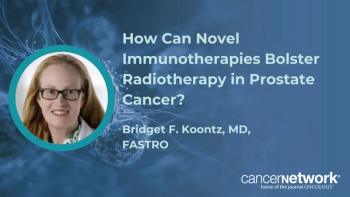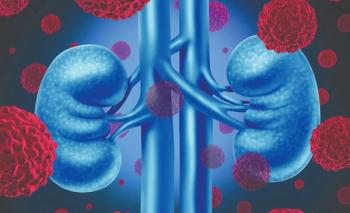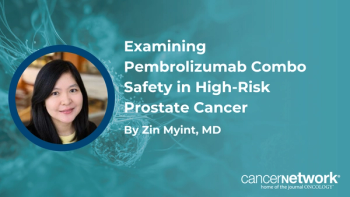
Second-Line Regorafenib Extends Survival in Sorafenib-Tolerant HCC Patients
This video examines an exploratory analysis of the RESORCE trial, which tested regorafenib vs placebo in hepatocellular carcinoma patients following radiographic progression on sorafenib.
In this video, Richard S. Finn, MD, of the David Geffen School of Medicine at UCLA, discusses an exploratory analysis of the RESORCE trial. The trial tested regorafenib vs placebo after radiographic progression on sorafenib in patients with hepatocellular carcinoma (HCC).
Dr. Finn presented data from the exploratory analysis (
Newsletter
Stay up to date on recent advances in the multidisciplinary approach to cancer.



















































